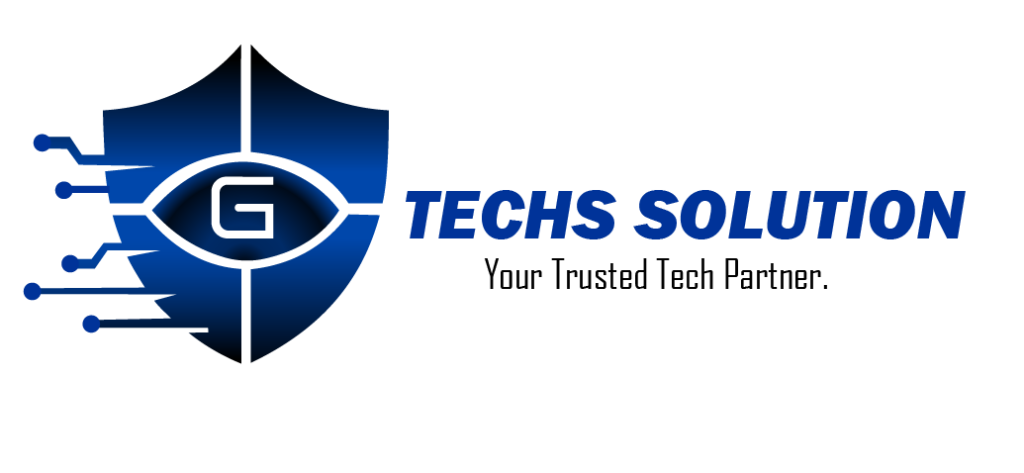In the fast-paced world of software development, staying updated with the latest tools is crucial for maintaining productivity and delivering high-quality applications. Whether you’re a seasoned developer or just starting out, knowing which tools to use can dramatically improve your workflow, collaboration, and code quality. In 2024, there are several key tools that every software developer should familiarize themselves with to remain competitive and efficient.
This article will explore the top tools that developers across various disciplines—web, mobile, desktop, and DevOps—should know and use in 2024.
1. Visual Studio Code (VS Code)
Overview
Visual Studio Code (VS Code) continues to dominate as one of the most popular and versatile code editors in 2024. Developed by Microsoft, it is lightweight, fast, and packed with features that make it suitable for almost any development environment, whether you’re coding in Python, JavaScript, or C++.
Key Features
- Extensions Marketplace: VS Code has an extensive marketplace offering thousands of extensions to enhance your development experience, from linters and formatters to debuggers.
- Integrated Git: Built-in Git support allows you to manage version control without leaving the editor.
- Live Share: VS Code enables real-time collaboration with the Live Share extension, allowing developers to pair program easily, even when working remotely.
- Customizability: It’s highly customizable, offering themes, keybindings, and workflows to suit any developer’s preference.
Pros
- Lightweight and highly responsive.
- Massive library of extensions for any programming language or framework.
- Strong community support with frequent updates and improvements.
Cons
- Can become resource-heavy with too many extensions.
- Lacks some advanced features found in full IDEs like IntelliJ or Visual Studio.
Use Cases
- Web development in JavaScript, React, and Node.js.
- Python development with tools like Jupyter or PyCharm extensions.
- Cross-platform coding for desktop and mobile apps.
2. GitHub Copilot
Overview
GitHub Copilot, powered by OpenAI, is an AI-powered code completion tool that has rapidly become a must-have for developers in 2024. It intelligently suggests code snippets, entire functions, and even documentation as you write, significantly speeding up coding and reducing errors.
Key Features
- AI-Powered Autocompletion: Copilot learns from a vast array of open-source projects to suggest code snippets, making coding faster and more efficient.
- Supports Multiple Languages: Whether you’re writing in Python, Java, or JavaScript, Copilot provides suggestions across multiple languages and frameworks.
- Contextual Code Suggestions: It doesn’t just suggest random lines of code but understands the context of what you’re writing to offer more accurate and useful completions.
Pros
- Reduces repetitive tasks and speeds up development.
- Improves coding accuracy with fewer syntax errors.
- Excellent for learning new programming languages and best practices.
Cons
- Limited in understanding project-specific nuances, such as unique business logic.
- May suggest outdated or less optimized code.
Use Cases
- Fast prototyping and automation of repetitive coding tasks.
- Enhancing productivity during testing or debugging phases.
- Learning new coding patterns by examining AI-generated code suggestions.
3. Docker
Overview
Docker has revolutionized how developers build, ship, and deploy applications. It allows you to package your application and all its dependencies into a single container, ensuring it runs consistently across different computing environments.
Key Features
- Containerization: Docker encapsulates an application along with all its dependencies, libraries, and configurations into a portable container.
- Cross-Platform Compatibility: Docker containers work the same on every platform, from your local machine to a production server.
- Docker Compose: Manage multi-container applications more easily using Docker Compose, which allows you to define and run complex setups in a single configuration file.
Pros
- Simplifies application deployment across multiple environments.
- Ensures consistency and eliminates “it works on my machine” issues.
- Lightweight compared to traditional virtual machines.
Cons
- Containers can become large if not managed properly.
- Requires some learning to understand advanced networking and orchestration concepts.
Use Cases
- Creating consistent development environments that mirror production systems.
- Running multiple microservices in isolated containers.
- Automating the deployment of applications across cloud environments like AWS, Google Cloud, or Azure.
4. Jira
Overview
Jira, developed by Atlassian, remains the go-to project management tool for software development teams in 2024. It’s designed to help developers and teams plan, track, and release software efficiently, especially for Agile and Scrum methodologies.
Key Features
- Agile Boards: Jira offers comprehensive Scrum and Kanban boards to help developers manage their sprints, track progress, and collaborate more effectively.
- Issue and Bug Tracking: Easily track issues, bugs, and user stories, assigning them to different team members and linking them to projects.
- Extensive Integrations: Jira integrates seamlessly with other tools like Confluence, Bitbucket, GitHub, and Slack to create a cohesive development pipeline.
Pros
- Comprehensive tool for Agile and Scrum development teams.
- Allows for complete customization of workflows, dashboards, and reports.
- Strong integration ecosystem.
Cons
- Can become complex and overwhelming for small teams or less experienced users.
- Steeper learning curve for new users.
Use Cases
- Managing Agile or Scrum projects with detailed sprint planning and tracking.
- Bug and issue tracking across development cycles.
- Collaboration between development, QA, and project management teams.
5. Postman
Overview
Postman is the leading tool for API development and testing. It provides a user-friendly interface to send requests, receive responses, and test APIs without writing complex code. Postman has grown into a comprehensive API platform that supports every phase of API development, from design and testing to documentation and monitoring.
Key Features
- API Testing: Postman allows developers to manually or automatically test APIs, ensuring that they are working correctly.
- Automation with Collections: Postman Collections let you group related API requests and run them as a sequence, which is useful for testing workflows.
- Collaboration Tools: Postman makes it easy to collaborate with team members by sharing collections, environments, and documentation.
- API Mocking: Create mock servers to simulate APIs before they are fully developed, enabling front-end developers to start working without waiting for back-end APIs.
Pros
- Easy to use and requires no advanced coding skills to test APIs.
- Streamlines collaboration between development and QA teams.
- Powerful automation and scripting capabilities for complex test cases.
Cons
- Desktop app can be resource-intensive for larger projects.
- Scripting requires knowledge of JavaScript for more advanced testing.
Use Cases
- Testing and debugging RESTful APIs during development.
- Automating API workflows and regression testing.
- Collaborating on API design and documentation across teams.
Honorable Mentions
Although the above five tools are must-haves for 2024, there are other noteworthy tools that developers should be aware of:
- GitHub: As the most popular platform for version control and collaboration, GitHub is an essential tool for developers. Its new GitHub Actions for CI/CD pipelines are particularly useful for automating software development workflows.
- Slack: For team communication and collaboration, Slack is still one of the top choices. Its integration capabilities with tools like GitHub, Jira, and Google Drive streamline team communication.
- Figma: Although traditionally seen as a UI/UX design tool, Figma has increasingly become an essential part of the development pipeline for front-end developers who collaborate closely with design teams.
Conclusion
In 2024, staying competitive as a software developer means mastering a suite of tools that optimize coding, collaboration, testing, and deployment. Tools like VS Code streamline your coding experience, while GitHub Copilot enhances productivity with AI-powered suggestions. Docker simplifies deployment across environments, Jira keeps projects on track, and Postman ensures robust API development.
These tools not only improve individual developer productivity but also streamline team collaboration and project management, making them essential for any developer in the modern software industry. Whether you’re a front-end developer, back-end specialist, or full-stack engineer, familiarizing yourself with these tools will ensure you stay ahead of the curve in 2024.

